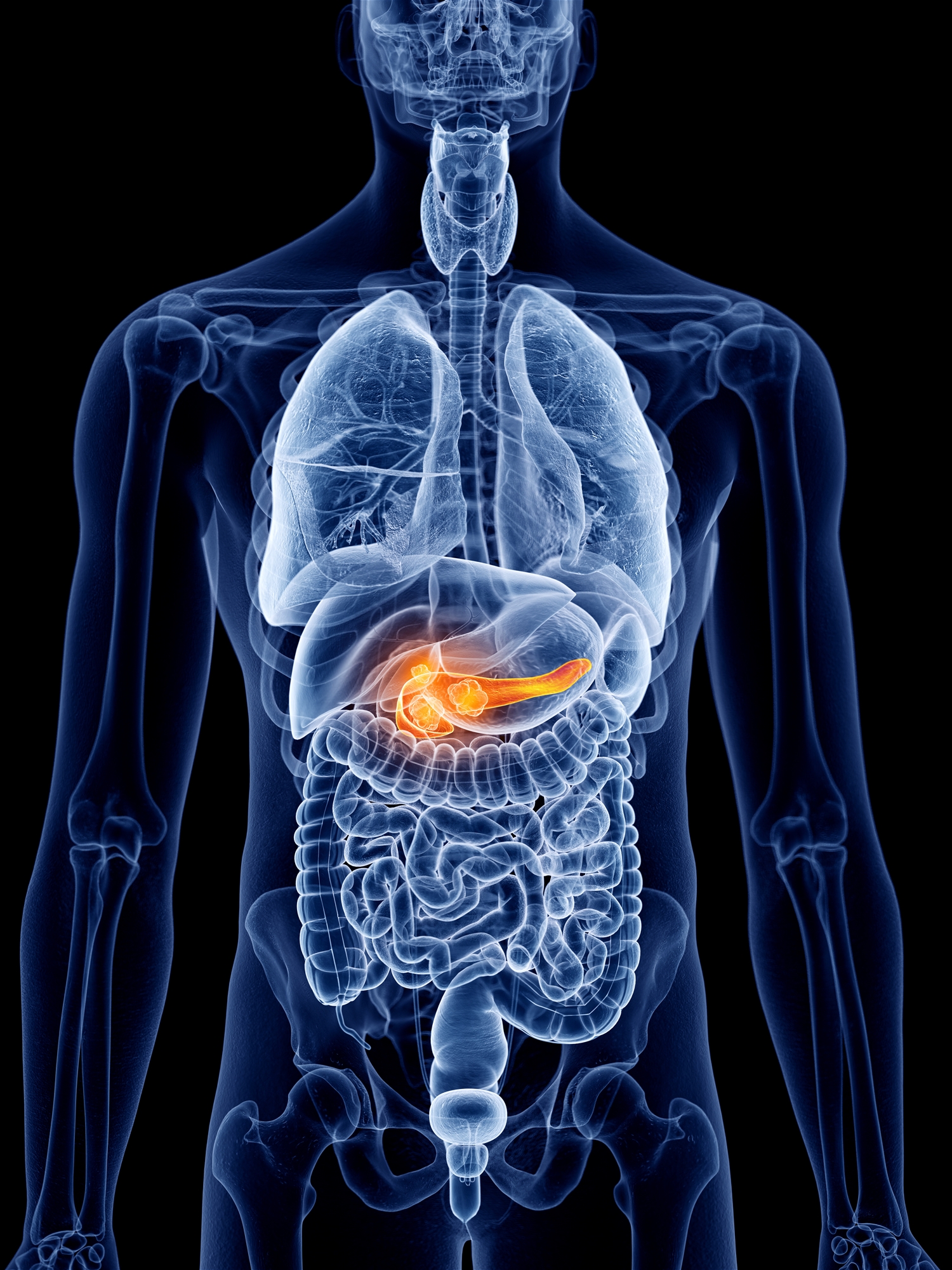Definition
Acute pancreatitis is a clinical syndrome defined by a discrete episode of abdominal pain and elevations in serum pancreatic enzyme levels.
Etiology
- Gallstones
- Alcohol
- Trauma
- Drugs
- Infectious diseases
- Metabolic diseases (hyperlipidemia and hypercalcemia)
- Tumor of pancreas
- Idiopathic

Clinical Manifestations
Abdominal pain is the most common symptom of acute pancreatitis. It is often located in the epigastric and umbilical region and may radiate to the low thoracic region of the back. Nausea, vomiting, tachycardia, dyspnea, and fever may be present. Although rare, acute pancreatitis may present with acute respiratory failure and multiple organ failure.
Treatment
The cornerstone therapy is supportive care.
In acute stage, conventional measures include (1) analgesics for pain, (2) intravenous fluids and colloids to maintain normal intravascular volume, (3) no oral alimentation, and (4) nasogastric suction to decrease gastric contents in the stomach and prevent gastric contents from entering the duodenum.
After recovering from the disease, avoiding predisposing factors like alcohol, maintaining a light diet (low-fat and low-protein diet), and returning to the clinic for regular OPD follow-up are recommended.

